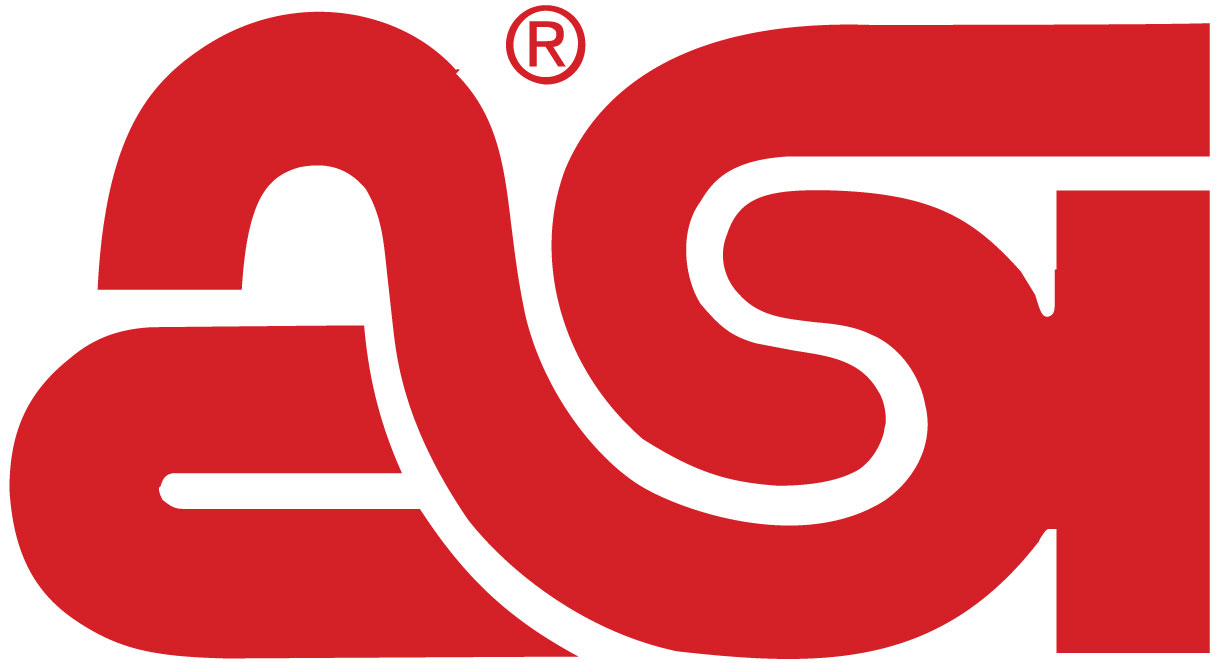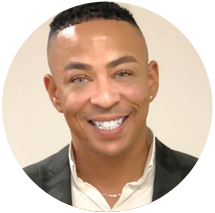
This week marks the beginning of Pride Month, a yearly observance for raising awareness to LGBTQ+ causes. It was in June 1969 that the Stonewall Riots, a series of demonstrations by members of the gay community, broke out in New York City after police raided the Stonewall Inn, a gay bar in Manhattan. That event has become known as a pivotal starting point in today’s gay rights movement. Today, the location is still in business and is now a National Historic Landmark.

Earlier this month, U.S. Secretary of State Anthony Blinken announced that U.S. consulates and embassies around the world will be allowed to fly the rainbow Pride flag in June. Meanwhile, while this year may have looked a bit different because of COVID restrictions, major brands are now releasing special Pride merchandise collections, changing their corporate logos to the Pride rainbow colors in solidarity and donating funds to charitable organizations. In fact, United Airlines, Chase Bank and Visa announced this month that they’re teaming up to reward loyal clients who make donations to The Trevor Project, The Human Rights Campaign and StartOut.
It’s become a month rife with opportunities for goodwill points (and sales) for brands, but what does it actually mean for members of the LGBTQ+ community?
“We’ve come a long way,” says Caitlyn Macikanycz, sales specialist with the Supplier Services team at ASI. “Ellen DeGeneres was just becoming popular when I was a kid. I think companies are doing a good job generally, in terms of being more accepting and inclusive. At ASI, I’ve never felt I couldn’t be me. Nowadays, most people know a gay person. It’s been humanized.”

“Hiding and self-censoring is often built-in for us. It’s a learned behavior from when you’re young, because you’re not sure how people will react. Companies can’t fix that, but they can keep the dialogue open and provide safe spaces.” Caitlyn Macikanycz, ASI
Rafael Dosman, formerly with ASI Show and ASI Diversity & Inclusion Council, is now business development manager at Top 40 distributor iPROMOTEu (asi/232119). “We’re seeing huge social change when it comes to diversity,” he says. “But I don’t want to be targeted by brands just for my funds. I don’t want to be a box to be checked. There’s this assumption that members of the LGBTQ+ community have more expendable income, but I want to be celebrated all year round. I live in this all day, every day, not just in June.”
Dosman says if a company is truly an ally, then their support for the LGBTQ+ community should be on display throughout the year. “If a bar has a rainbow cocktail, it should be offered from January through December, not just in June,” he says. “That ‘ally’ sticker should be displayed all year. It’s nice to have a month dedicated to celebrating it, but it should be in support of long-term, sustainable diversity.”
That consistent show of support can help people be more open about their orientation, instead of carefully selecting what to disclose depending on the setting. Macikanycz says, despite the strides made, the stigma of being gay in business persists.

“There’s this assumption that members of the LGBTQ+ community have more expendable income, but I want to be celebrated all year round. I live in this all day, every day, not just in June.”Rafael Dosman, iPROMOTEu
“Hiding and self-censoring is often built-in for us,” she says. “It’s a learned behavior from when you’re young, because you’re not sure how people will react. Companies can’t fix that, but they can keep the dialogue open and provide safe spaces.”
To that end, Dosman is now spearheading the creation of a diversity council at iPROMOTEu. “It’s for allies and those who support diversity,” he says. “It’s a safe place within the company and industry, where everyone can come to discuss topics like how to support each other. We’re moving in the right direction, but it’s a very sensitive thing. People still have reservations about being open about it at work.”
In fact, says Dosman, giving members of the LGBTQ+ community the space to be more honest and open can actually allow them to do better business and build stronger relationships with their peers and clients. And that top-down support needs to apply to all their realities, including the possibility that someone will go through a gender transition that’s apparent in the workplace.
“Promo is a very relationship-based industry, so imagine you feeling like you can’t be your authentic self,” says Dosman. “Maybe you feel like you’re ‘too much’ for people. Everyone makes judgments, so we want to be sensitive to that reality and make everyone feel comfortable. But sometimes we feel like we can’t lay our cards out on the table and be our true selves. I want to see more diversity, because this is the next generation of the industry.”
In addition to being free to do better business, LGBTQ+ members in leadership roles are important models for young people trying to determine their paths in life.
“You never know who’s watching,” Macikanycz says. “People are trying to figure things out for themselves. Have no shame. Have an open dialogue and don’t self-censor anymore. Business and marketing shape society, so keep the conversations open. The way business goes, society goes with it.”
ASI stands in solidarity as well during Pride Month. “The LGBTQ+ community – our sisters, brothers, mothers, fathers, husbands, wives, colleagues and neighbors – wants to be appreciated and accepted for who they are as individuals and to have rights that are equal to those of everyone else,” said ASI President and Chief Executive Officer Timothy M. Andrews. “That sense of fairness and equality are cornerstones of ASI’s values and I’m proud to stand in demand of those fundamental rights for me and for all.”